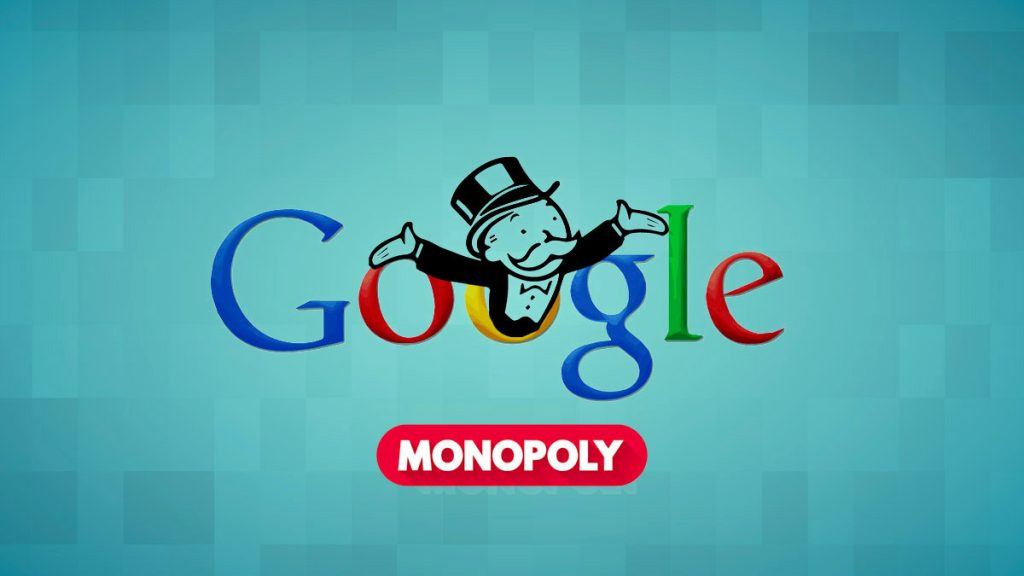U.S. Judge Rules Google's Monopoly Case Established, May Require Search Business Independence
When European regulators found similar problems, they asked Google to provide users with an alternative search engine, but not many were willing to replace it.
On August 5th, U.S. District Judge Amit Mehta ruled that Google violated the law by monopolizing the online search market, marking the first victory for the U.S. government in a series of antitrust lawsuits against major technology companies.
Washington Judge Mehta pointed out that Google paid $26.3 billion in 2021 alone to ensure that mobile phone manufacturers set Google as the default search engine on new phones, effectively preventing other competitors from succeeding in this field.
In a 268-page ruling, Mehta stated, "Google's distribution agreements monopolize a significant portion of the general search service market, thereby harming the opportunities of competitors." Mehta continued, "By monopolizing the distribution agreements of mobile phones and browsers, Google can unilaterally continue to raise the price of online advertising without facing any backlash."
The U.S. Department of Justice previously sued the search engine giant Google, claiming that Google holds about 90% of the online search market share and 95% of the smartphone market share. The authorities said that for decades, Google has paid billions of dollars to Apple, Samsung Electronics, and other mobile phone manufacturers to help its browser gain key advertising display pages from these manufacturers.
Over time, Google's browser has become the most widely used search engine in the world through default key display, and has made Google's annual revenue exceed $300 billion, most of which comes from the field of search advertising.
After the news was announced, Alphabet and Apple fell together. As of the close of U.S. stocks yesterday, Google's parent company Alphabet's stock price fell by nearly 4.5%, to $159.25, and Apple was also affected and fell by 4.8%, to $209.27. Apple may also lose tens of billions of dollars due to providing advertising convenience for Google.
Regarding this penalty, U.S. Attorney General Merrick Garland said, "This victory over Google is a historic victory for the American people. No company, no matter how large or influential, can be above the law. The Department of Justice will continue to vigorously enforce antitrust laws."
Google, on the other hand, said it will have the opportunity to appeal this decision. Kent Walker, Google's Global Affairs President, said in a statement, "In the meantime, we will continue to create products that are beneficial to users and convenient to use."
Although Mehta does not believe that Google has a monopoly on the general search advertising market, he cited that other large retailers such as Amazon and Walmart also provide search-related advertisements on their own websites, but Google's monopoly in the text search field is very harmful. They place their own advertisements at the top of the search results to attract users to visit first, which is a manifestation of unfair competition.
So far, the U.S. Department of Justice has not disclosed what kind of rectification it will require from Google.
Europe is a lesson. When European regulatory authorities found similar problems, they required Google to provide users with alternative search engines, but not many people were willing to switch. So some analysis suggests that the U.S. Department of Justice may increase its efforts and require Alphabet to make its search business independent. If the judge insists on this, it will be the largest forced split of a U.S. company since AT&T was dissolved in 1984.
Alternatively, the judge can also choose not to order Alphabet to split, but to require Alphabet to terminate the exclusive search agreement for Google Chrome.

·Original
Disclaimer: The views in this article are from the original Creator and do not represent the views or position of Hawk Insight. The content of the article is for reference, communication and learning only, and does not constitute investment advice. If it involves copyright issues, please contact us for deletion.